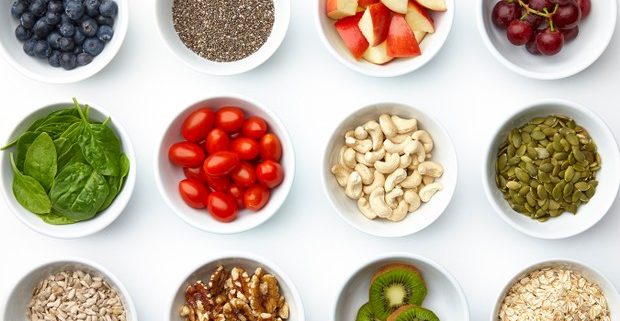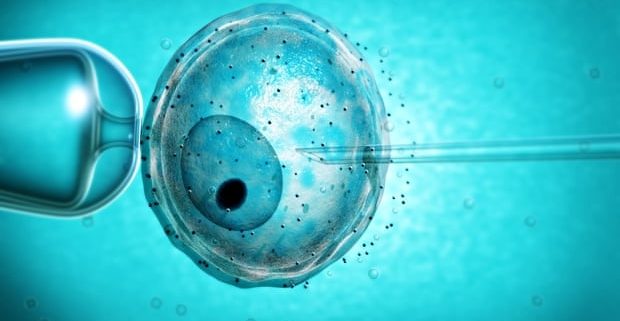Supporting – not boosting – your immune system
We are learning new things everyday about the Coronavirus, and so many blogs are talking about boosting your immune system, but you don’t want to boost your immune system, you need to strengthen and support it for the long term. So let’s first look at what weakens immunity, what happens if you have any auto immune disorders and having underlying medical conditions.
Lifestyle factors such as lack of sleep, poor diet, alcohol and cigarettes leads to weaker gut immunity. Chronic stress and anxiety over a period of time (which many women will go through on their fertility journeys) also affect gut health and therefore immunity. But it’s very important not to panic and feel in control, and there are certain things that you can do to protect yourself and ensure your immune system is functioning as optimally as possible which is so important now more than ever.
Your immune system is a network of cells, organs, proteins and antibodies that work to protect you against bacteria, viruses and parasites. Whilst we usually only think of our immune system when we feel ill, it’s actually working every day to keep us safe.
If you are looking to strengthen your immunity, the best way is through a combined approach. These tips are in no way prescriptive, nor a magic bullet to health, but are simply a gentle nudge in a better direction…
Reduce stress
Modern medicine has come to appreciate the closely linked relationship of mind and body and reducing stress is an important way of strengthening your immune system. Although it is difficult to define, as what may appear to be a stressful situation for one person is not for another, but what is known both from anecdotal evidence and published studies is that sustained neuronal activities, such as experiencing prolonged psychological and emotional stresses, negatively impact the immunological state.
When you are feeling stressed or anxious, the body releases cortisol. In short spurts, cortisol can boost your immunity by limiting inflammation, however, over longer periods cortisol can lead to a decrease of the body’s lymphocytes – the white blood cells that help fight off infection – and the lower your lymphocyte level, the more at risk you are to catch viruses.
Stress reduction strategies not only give your mind a break, but they can also relieve the pressure on your immune system. You can take steps to reduce short-term and long-term stress through things like meditation – for 10 to 15 minutes a day – or yoga and now, more than ever, while we can’t control what is going on around us, it is important to try and take control over the situations we can, which includes our internal environments, in order to help support and strengthen the immune system.
Breathe…it sounds so simple but it is! Getting into balanced breathing will put your body into parasympathetic mode and will evoke a relaxation response and reduce cortisol levels. The hard thing for women to make is time, but this is the one thing we may all have soon so make time to practice.
Sleep
While more sleep won’t necessarily make us invincible, lack of sleep almost immediately tips our immune system into imbalance. A single night of poor sleep leads to a decrease of up to 70% of our natural killer cells – our first line of defence against viruses. Other research shows that people who sleep for six hours a night or less are four times more likely to catch a cold when exposed to the virus, compared with those who spend more than seven hours a night sleep. A good night’s sleep pays dividends, as it helps the body produce antibodies, which benefit the immune system and to better fight infections.
Reduce alcohol intake
Alcohol affects the way health gut microbes interact with the immune system and also disrupts the gut barrier, allowing more bacteria to pass into the blood. In addition, it also interferes with the chemical signals from white blood cells called cytokines, which can cause an autoimmune response if produced in larger than normal quantities, or an immune system deficiency in cases when these levels are decreased. Alcohol consumption also disrupts normal T-cell function, leaving someone at greater risk of bacterial and viral infection. A single episode of binge drinking can result in an immune weakness against exposure to illness within the first 24-hours of initial consumption.
Gut health
Research has shown that there is a significant amount of interaction between the body’s immune system and bacteria in the gut. Beneficial gut bacteria species have been demonstrated to impact both the innate (present from birth) and acquired immune systems, so it’s important to focus on optimising your gut health, strengthening the gut lining and re-inoculating (re-populating your gut with bacteria by eating prebiotic and probiotic rich foods). In turn, this will then help promote a strong immune system. Fortunately, this can be achieved by eating a variety of different foods, rich in different species of bacteria – all of which promote a healthy gut lining, microbiome and consequently a healthy immune system. In fact, 80% of immune cells are present in the gut and the gut microbiome is becoming recognised as more and more important for immune health.
What I am taking and recommending at the moment
Good nutrients
Eating nourishing foods rich in certain vitamins and minerals may help your immune system
Support
- Vitamin C. I’m a huge fan of Vitamin C and it’s my first go to product if I feel I’m coming down with something. It not only helps the production of white blood cells may help protect the body against infection, it also helps these white blood cells function more effectively while protecting them from damage by potentially harmful molecules. While we cannot produce our own, the good news is that there are a number of foods rich in this vital nutrient, such as oranges, grapefruits, tangerines, strawberries, peppers, spinach, kale and broccoli.
- Vitamin D. All of our clients have Vitamin D tests and we are able to recommended dosages for them based on their results. Many are Vitamin D deficient which is linked to so many underlying medical conditions, and it is the workhorse of the immune system. Low levels of Vitamin D have been associated with the worsening of autoimmune diseases, as well as with frequent infections, colds and flu. In addition, studies have shown that taking Vitamin D may help reduces the risk of developing a respiratory infection.
- Curcumin (the orange-yellow component of turmeric). This is known for its anti-inflammatory and antiviral properties and is an age old recommendation for its effects. The thought is, if you can reduce the amount of active free radicals in the body, you will see a boost in your immune system function. While studies on some antioxidant supplements are inconclusive at best, turmeric’s main active, curcumin, demonstrates strong disease-fighting potential. The way curcumin behaves as an anti-inflammatory, in itself, makes it an excellent therapeutic agent for immunity. It’s the capability to double as an antioxidant that gives us extra incentive to squeeze more turmeric into our daily regimen.
- Omega 3 fatty acids. These are incredibly important, as they have many powerful health benefits. In addition to helping prevent disease by reducing inflammation, DHA-rich fish oil also helps enhance the function of immune B cells.



